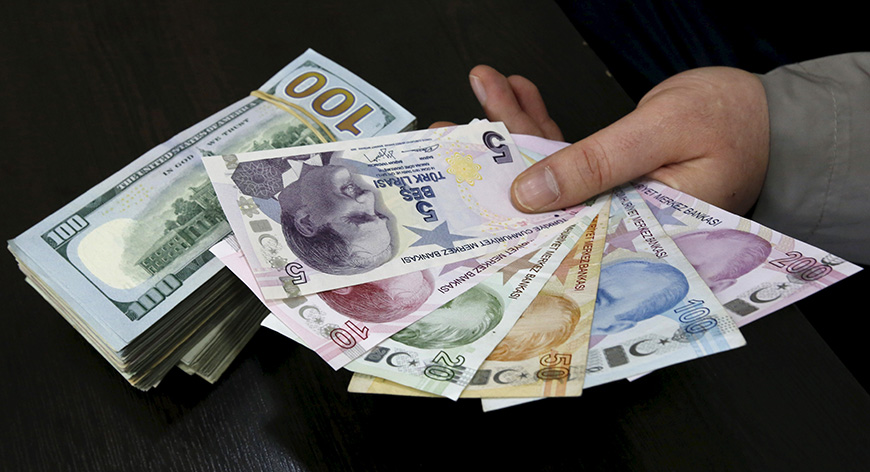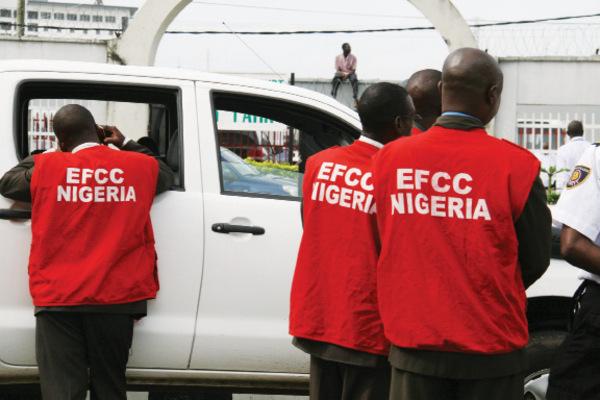- FX Transactions on I&E Window Hit $18.36bn, Rates Converge at N360
Following increased portfolio flows into the country, cumulative transactions on the Central Bank of Nigeria’s (CBN) Investors’ and Exporters’ (I&E) foreign exchange window have risen to $18.36 billion.
The chief executive of Financial Derivatives Company Limited, Mr. Bismarck Rewane revealed this in a presentation at the monthly Lagos Business School’s breakfast session for November.
The surge in activities at the window has been attributed to offshore investor interest in treasury bills and the primary market auctions (PMA) by the CBN, with the resulting inflows leading to a convergence between the parallel market exchange rate and the Nigerian Autonomous Foreign Exchange Market (NAFEX) rate, also known as the I&E Forex window.
By the close of business on Friday, the dollar sold at 359 in Abuja and N360 in Lagos on the parallel market while on the NAFEX it sold at N360.57.
The convergence of the exchange rates, according to market sources, has seen a majority of bureau de change operators rejecting dollars offered by the CBN at a rate higher than the NAFEX rate.
With the sustained dollar inflow through the I&E window, which has also been buoyed by higher oil prices and improved oil production from Nigeria, market sources said they expect the naira to keep gaining against the dollar in the weeks ahead.
However, they expressed concern about the recent threat by the Niger Delta Avengers (NDA) to resume hostilities in the oil-rich Niger Delta region and expressed hope that the federal government would move promptly to engage the group, in order to sustain the stability in the forex market and the economy in general.
The central bank had introduced the I&E window last April including a raft of other measures to improve dollar liquidity in the forex market.
The CBN has since intervened actively to support the local currency while keeping domestic liquidity conditions tight.
Most activities now occur on the I&E window, with Fitch Ratings recently acknowledging that the rate on the I&E “should now be considered the relevant exchange rate”.
CBN Deputy Governor, Financial System Stability, Dr. Joseph Nnanna, recently described the I & E window as “a mighty success”, saying it has “performed beyond our expectations”.
“Within a few months of the window’s introduction, we have seen a volume of over $10 billion. It is a huge success and I believe other countries can copy that from us,” he said.
MSCI last week announced its decision to retain the MSCI Nigeria Indexes on its MSCI Frontier Markets Indexes, after an initial threat to delist Nigeria.
The performance of the I & E window was cited as the major reason for MSCI’s decision to retain Nigerian on the index,
According to MSCI, Nigeria would be removed from the review list for potential reclassification to “standalone status”.
The index provider had explained that: “MSCI will also no longer apply the special treatment for the MSCI Nigeria Indexes announced on April 29, 2016. More specifically, and as part of the upcoming November 2017 Semi-Annual Index Review, MSCI will implement all index review changes, including changes in the Number of Shares (NOS) and Foreign Inclusion Factors (FIF) that have been postponed since April 29, 2016.
“These changes will be made for securities classified in Nigeria in the MSCI Nigeria Indexes and in indexes which Nigeria is a component of. These include the MSCI Factor, Thematic, ESG and other relevant derived indexes. MSCI will also resume the regular implementation of corporate events effective immediately.
“As a reminder, the MSCI Nigeria Indexes were added to the review list for potential reclassification to Standalone status in September 2016 due to issues in the foreign exchange market leading to impairment in the ability of institutional investors to repatriate capital.”
Also, Rewane in the report noted that Brent oil price, for the first time in 28 months, broke the $60 per barrel barrier, which also was in favour of Nigeria.
Nigeria’s oil production also breached the OPEC cap at 1.86mpbd. The report estimated that oil revenue accruing to the federal government would hit $3.1 billion in October, noting that there was no force majeure or disruption to pipeline announced last month.
“In the I&E window, the naira was flat at N360/$ in October. Total forex sold in October was $1.09 billion ($1.2 billion in September). Average power output on grid in October reached 4000MW while extended rainfall into October increased the hydro output,” it added.
The report showed that the federal government had paid down N26 billion of the debt owed the power distribution companies and further revealed that not less than eight banks accessed the central bank’s standby facility window, confirming the tight naira liquidity situation in the market.
It stated that interbank interest rates swung between the extremes of 20-120 per cent per annum, while the states and federal government shared N558 billion in October from the Federation Account, down by 12.5 per cent compared to the funds shared in September.




 Naira4 weeks ago
Naira4 weeks ago


 Naira3 weeks ago
Naira3 weeks ago




 Naira3 weeks ago
Naira3 weeks ago




 Naira4 weeks ago
Naira4 weeks ago




 Naira2 weeks ago
Naira2 weeks ago
 Commodities4 weeks ago
Commodities4 weeks ago


 Sport Business4 weeks ago
Sport Business4 weeks ago


 News3 weeks ago
News3 weeks ago



















